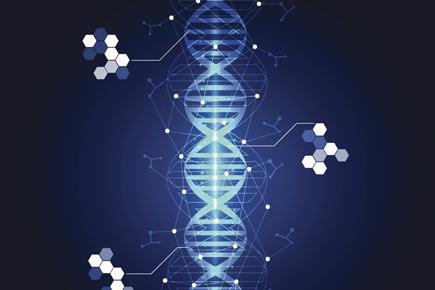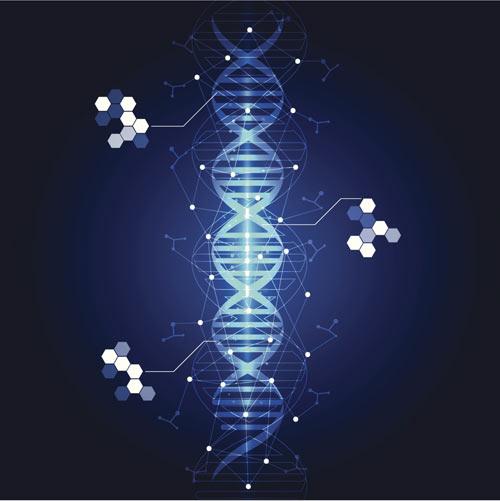Researchers have found that whole-genome sequencing can be used to identify patients' risk for hereditary cancer which can potentially lead to improvements in cancer prevention, diagnosis and care

whole-genome sequencing, cancer, cancer identification, cancer cure, cancer treatment, genome sequencing, health, fitness, wellness
New York: Researchers have found that whole-genome sequencing can be used to identify patients' risk for hereditary cancer which can potentially lead to improvements in cancer prevention, diagnosis and care.
ADVERTISEMENT
The team from University of Texas' Southwestern Medical Centre used whole-genome sequencing to evaluate a series of 258 cancer patients' genomes to improve the ability to diagnose cancer-predisposing mutations.

Representational picture
Whole-genome sequencing is a new genetic tool that can determine more of a person's DNA sequence than ever before.
"Our results show that nearly 90 percent of clinically identified mutations were confidently detected and additional cancer gene mutations were discovered," said Theodora Ross, professor and director of UT Southwestern's cancer genetics programme.
About five to 10 percent of all cancers are caused by known inherited gene mutations.
These mutations are passed down from generation to generation. Mutations in the BRCA1 and BRCA2 genes are the most common cause of hereditary breast cancer.
In this study, researchers developed new methods to analyse the large amount of data generated by whole-genome sequencing.
Ross' team devised a method to compare the group of patients with BRCA1 or BRCA2 mutations to a group of patients without BRCA mutations.
All expected BRCA1 and BRCA2 mutations were detected in the BRCA group, with at least 88.6 percent of mutations confidently detected.
"The results demonstrate that whole-genome sequencing can detect new cancer gene mutations in non-BRCA 'mystery' patients," Ross said.
Mystery patients are those who have a strong family history for cancer but after standard genetic testing, no genetic diagnoses are made.
The study was published online in the journal EBioMedicine.
 Subscribe today by clicking the link and stay updated with the latest news!" Click here!
Subscribe today by clicking the link and stay updated with the latest news!" Click here!






